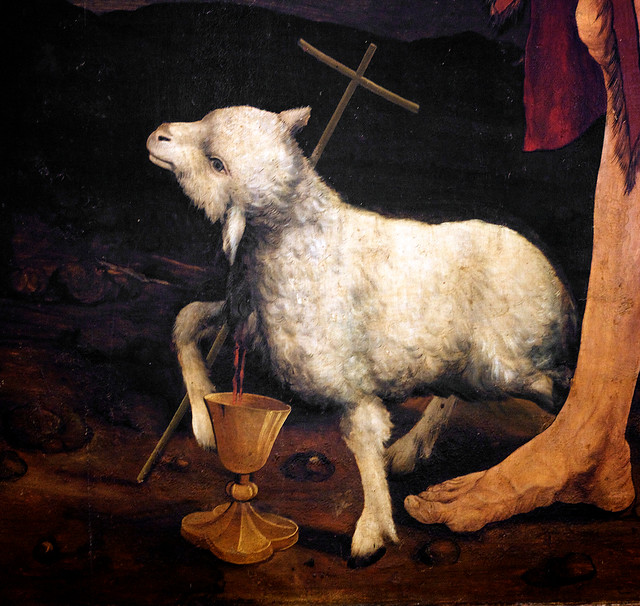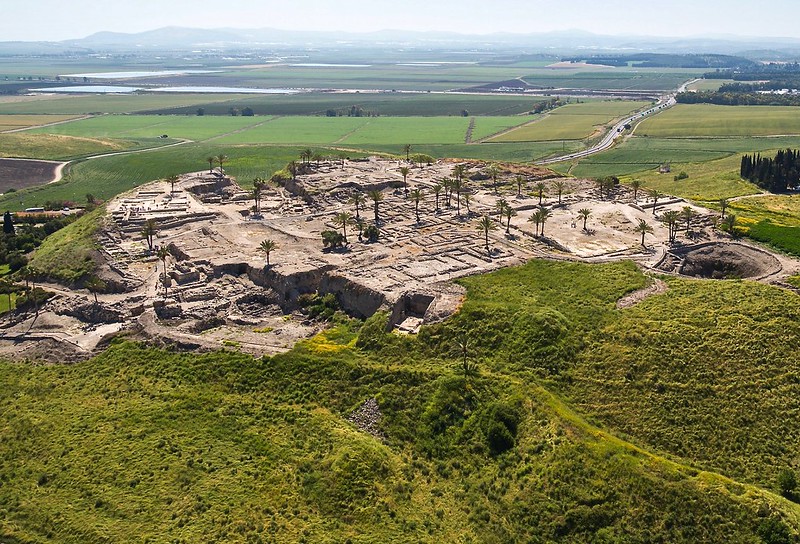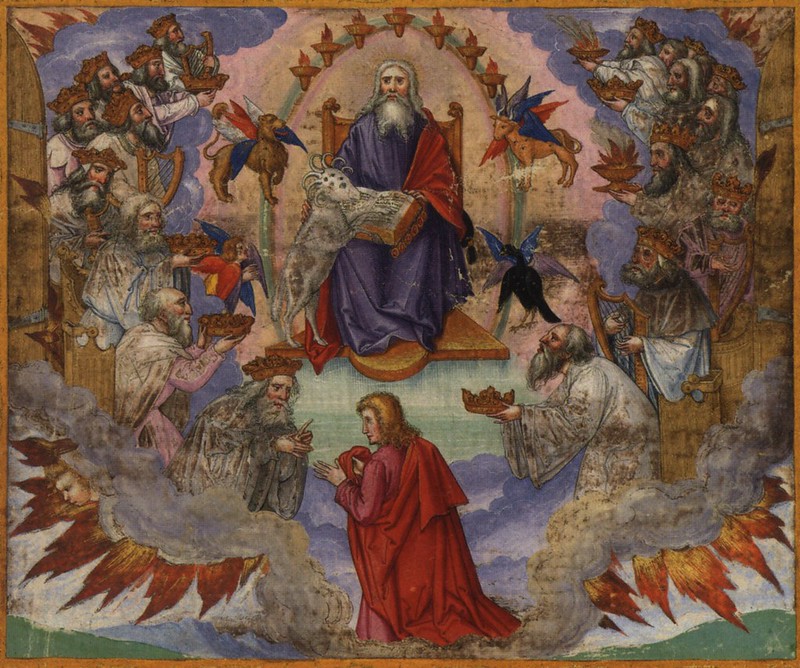
Armageddon Left Behind
Brian Zahnd
Jesus is not a conductor handing out tickets to a paradise beyond the stars. Jesus is the carpenter who repairs, renovates, and restores God’s good world. Far too many American Christians embrace a faulty, half-baked, doom-oriented, hyperviolent eschatology, popularized in Christian fiction (of all things!) that envisions God as saving parts of people for a nonspatial, nontemporal existence in a Platonic “heaven” while kicking his own good creation into the garbage can! Framed by this kind of world-despairing eschatology, evangelism comes to resemble something like trying to push people onto the last chopper out of Saigon.
Our looming Armageddons are always a possibility but never an inevitability. Armageddon is only inevitable if we listen to the propaganda that comes croaking from the dragons, beasts, and false prophets of nationalism, empire, and war. (See Revelation 16:13–16.) Jesus wept over Jerusalem because their fate could have been avoided. If they had believed in Jesus as the messianic Prince of Peace instead of a messianic Lord of War, Jerusalem could have actually become the City of Peace. Instead, they chose the path that led to a hellish nightmare of siege, famine, cannibalism, destruction, and death.
Repairing the world. Healing wastelands. Laboring to make a dying world livable again. This is the vision of the apostles and prophets. This is the prophetic paradigm the people of God are to coordinate their theology and lives with. We are not to be macabre Christians lusting for destruction and rejoicing at the latest rumor of war. It’s high time that a morbid fascination with a supposed unalterable script of God–sanctioned–end-time–hyperviolence be once and for all left behind.
A secret (or not-so-secret) longing for the world’s violent destruction is grossly unbecoming to the followers of the Lamb. We are not hoping for Armageddon; we are helping build New Jerusalem. We will not complete it without the return of the King, but we will move in that direction all the same. We refuse to conspire with the beasts of empire who keep the world confined to the death culture of Babylon. There’s always another Armageddon looming on the horizon, threatening to perpetuate the bloody ways of Cain and throw more Abels in a mass grave. But we are not to cooperate with that vision. We are to resist it. We are to anticipate a future created by the Prince of Peace through the very lives we live. We are to work in concert with Jesus Christ as he labors to repair the world.
BZ
Read more




